To continue our knowledge shares in the lead up to Prof Mazin Qumsiyeh’s arrival in Naarm (Melbourne) next week, I thought I’d share another conversation I had with Prof Mazin, where we discussed his latest paper on the Impact of the Israeli military activities on the environment.
In preparation for next week’s event, it is important to ground ourselves in the reality of what has been and is currently happening – and will continue to happen, if we do not liberate Palestine.
“Israel is one of the most militarized in the world…Israel is the 5th or 6th largest exporter of high-tech weapons. All of these things create damage to the environment. Military exercises for example…this is in terms of pre conflict. And then you have of course conflict where they drop bombs on civilian areas…buildings…on the open areas. In the case of Gaza for example, it is a very tiny strip of land of 360 square kilometers…Israel dropped within the first 51 days of conflict more bombs…52,000 tons of bombs, almost 3 times as much as they had dropped in 2014 in that attack on Gaza. So when you think about these tens of thousands of tons of explosives dropped on a very crowded area, I mean this impart explains a high civilian casualty rate. It is basically carpet bombing in many ways. And even Israel admits that half the bombs they used were not ‘smart bombs.’ They were dumb bombs like a 200-ton bomb dropped on a civilian area …so the use of weapons and the use of military damages the environment. This is not even counting the greenhouse gas emissions….Military producers around the world are the largest producers of greenhouse gases…Israel has used more than three times as much as the U.S. had used in Vietnam” – Professor Mazin.
You can imagine the impact of this, let alone white phosphorous, on land and marine ecology, let alone human beings. Plants and us are not too much unlike from one another.
I highly suggest you listen to the whole 21-minute interview below.
We look forward to next week being a productive and inspiring conversation to empower us to seek the non-negotiable change that must happen. An immediate ceasefire. A liberated Palestine. Reparations. Healing. And a Return of all displaced Palestinians to their homes and homelands.
You can also check out my earlier post introducing Prof Mazin & his work at this link.
Thanks to everyone who booked a ticket to attend the event I’m hosting through Beit e’Shai at Aunty Alma Thorpe’s Gathering Place on Land, Biodiversity & the Colony next Thursday 9th May. If you missed out on tickets to this sold out event, don’t worry, there will be a variety of knowledge shares published following the event. And there are other opportunities to learn from Prof Mazin while he’s in Naarm – so try to get to one of the events below:
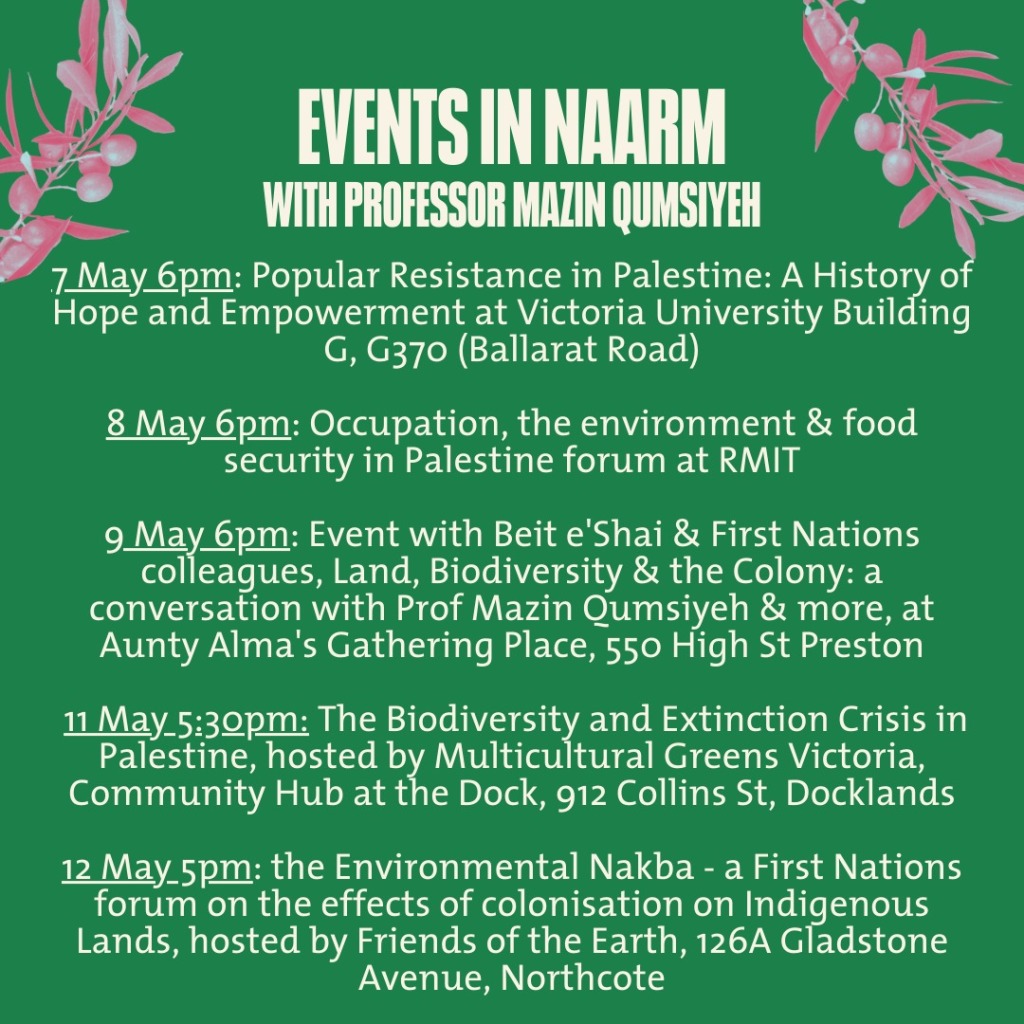
I am very honoured to be speaking alongside Prof Mazin at RMIT University on the 8th May, there are still tickets available for this event on the Occupation, Environment & Food Sovereignty in Palestine at this link.
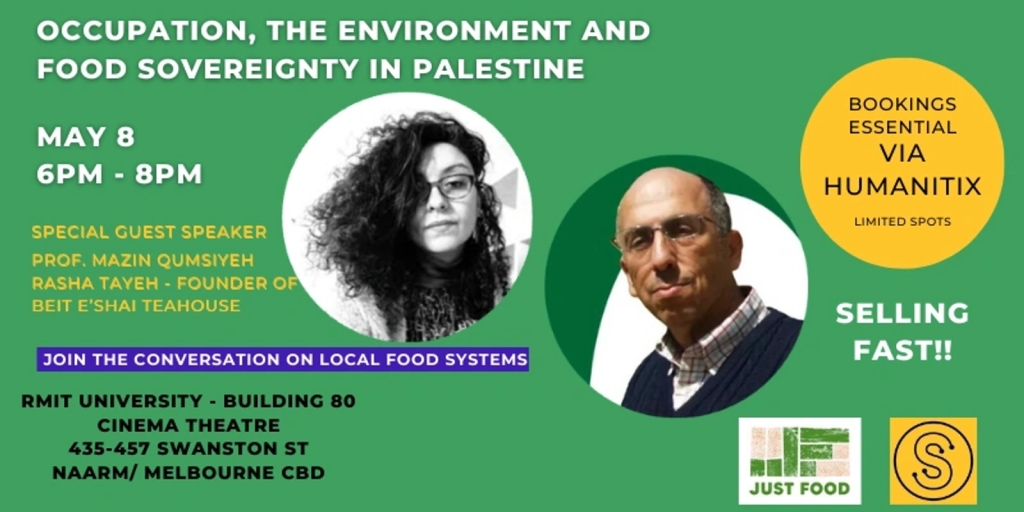
Hope to see you at some of these events.
Take care, and as Prof Mazin would say: Stay human & keep Palestine alive.
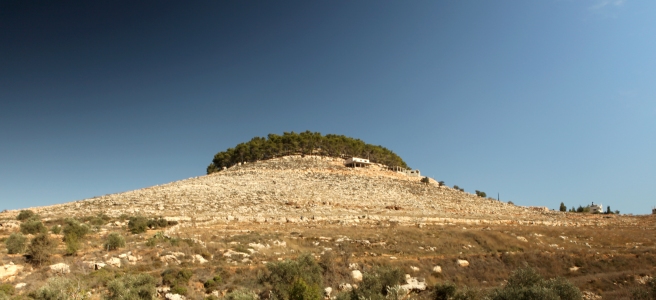
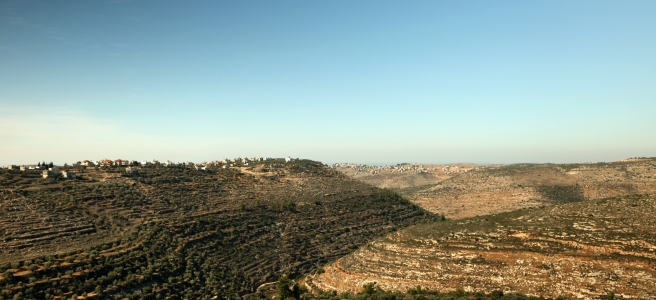
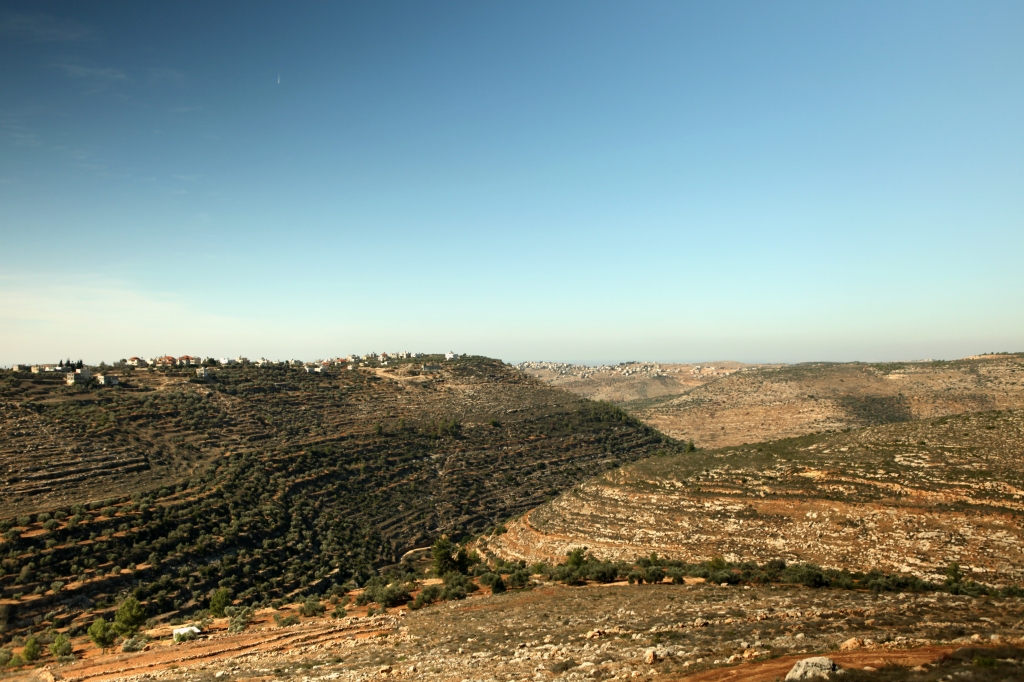

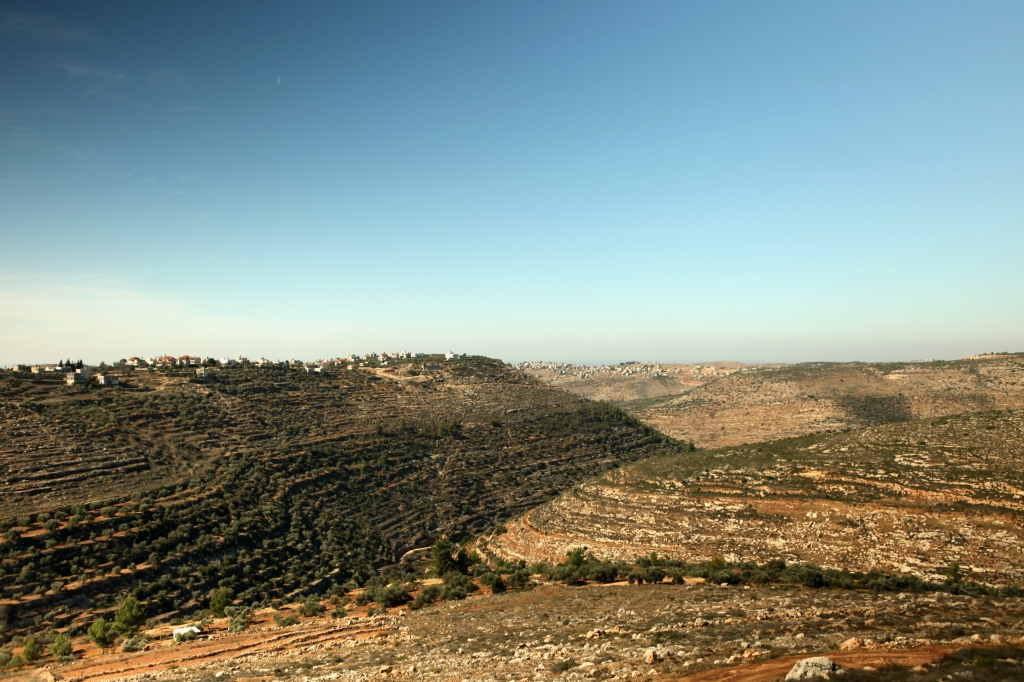
You must be logged in to post a comment.